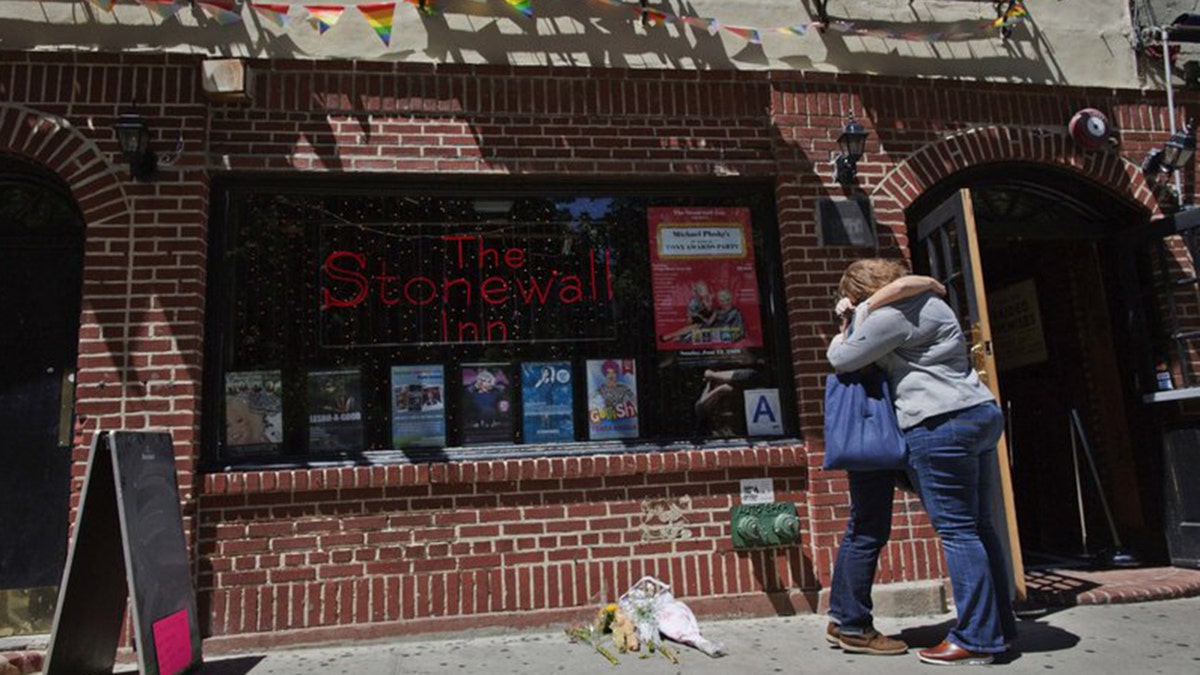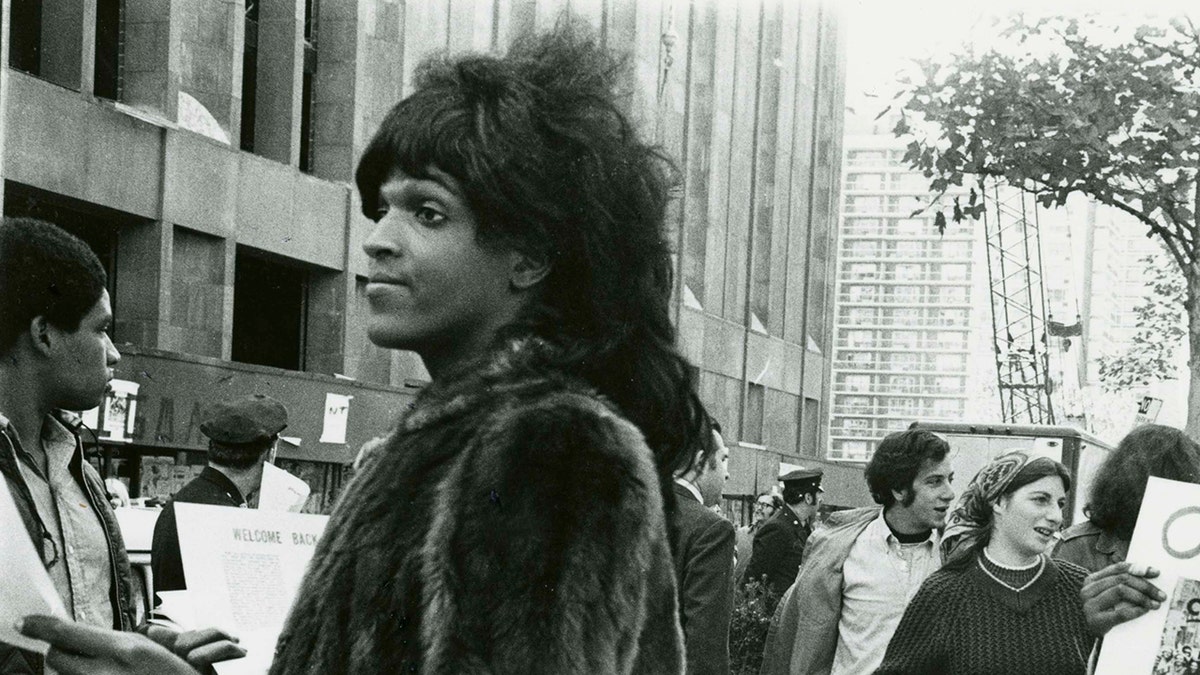Fox News Flash top headlines for June 6
Fox News Flash top headlines for June 6 are here. Check out what's clicking on Foxnews.com
New York City's police commissioner apologized Thursday for the June 1969 raid on the Stonewall Inn gay bar, an event widely cited as the beginning of the modern LGBT rights movement.
“The actions taken by the NYPD were wrong, plain and simple,” NYPD Commissioner James O’Neill said during a briefing at police headquarters. "The actions and the laws were discriminatory and oppressive, and for that, I apologize.”
EX-DELAWARE CITY COUNCILMAN ARRESTED AFTER STRIKING GAY PRIDE PARADE ORGANIZER WITH TRUCK
Organizers of New York City's LGBT Pride celebration had called for police to apologize for the raid on the Greenwich Villiage bar on the night of June 27-28, 1969, which saw bar patrons and others fight back against officers and a social order that kept gay life in the shadows. New York City Council Speaker Corey Johnson, who is gay, had also joined the calls for an apology.

The Stonewall Inn in Greenwich Village, Manhattan (AP Photo/Mary Altaffer, File)
“What happened should not have happened,” O’Neill said Tuesday. “This would never happen in the NYPD in 2019.”
The confrontation at the Stonewall wasn’t the first time LGBT people had protested or spontaneously clashed with police. But it proved to be a turning point, unleashing a wave of organizing and activism.
PHILIPPINES DUTERTE SAYS HE WAS ONCE GAY BUT 'CURED' HIMSELF AFTER MEETING EX-WIFE
At the time, many LGBT people lived in fear of arrest, harassment, professional ruin and family ostracism. The psychiatric establishment saw homosexuality as a mental disorder, and law enforcement often viewed it as a crime.
LGBT people could be subject to arrest for showing affection, dancing together, even for not wearing a certain number of items deemed gender-appropriate. Bars that served gay people had at times lost their liquor licenses, and others — like the Stonewall — were simply unlicensed. Raids were common.
CLICK HERE TO GET THE FOX NEWS APP
Last week, New York City officials announced that transgender activists Marsha P. Johnson and Sylvia Rivera will be commemorated with statues in Greenwich Village, for their role in the movement according to FOX 5 NY.

Transgender activist Marsha P. Johnson handing out flyers in support of Gay Students at NYU in 1970. (REUTERS/Diana Davies)
The police inspector who led the Stonewall raid, Seymour Pine, said in 2004 that he was sorry, according to news accounts of a talk he gave at the time. Pine, who died in 2010, said officers were prejudiced about gay people, whom they didn't understand.
NYPD leaders have expressed some regret before about the events at the Stonewall, but until Thursday, they stopped short of a formal apology.
Former Commissioner William Bratton in 2016 called it "a terrible experience" but noted that it had also been "a tipping point" for change. He said an apology was unnecessary: "The apology is all that's occurred since then."
When O'Neill was asked the next year about apologizing for Stonewall, he said it had "been addressed already."
The Associated Press contributed to this report.









































